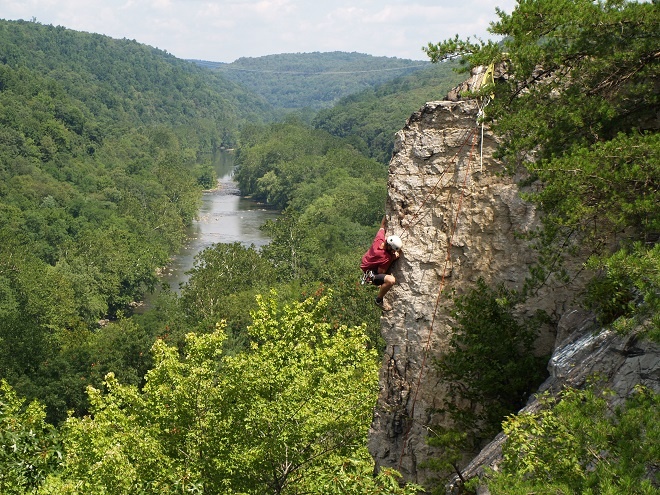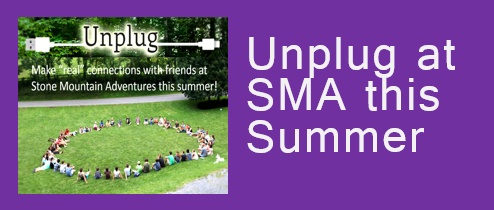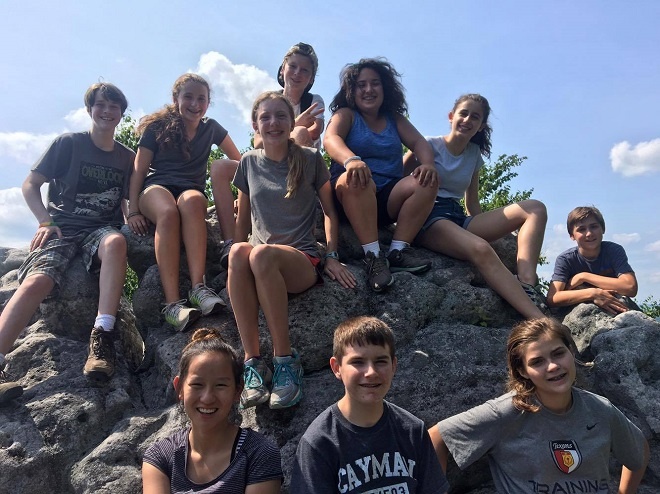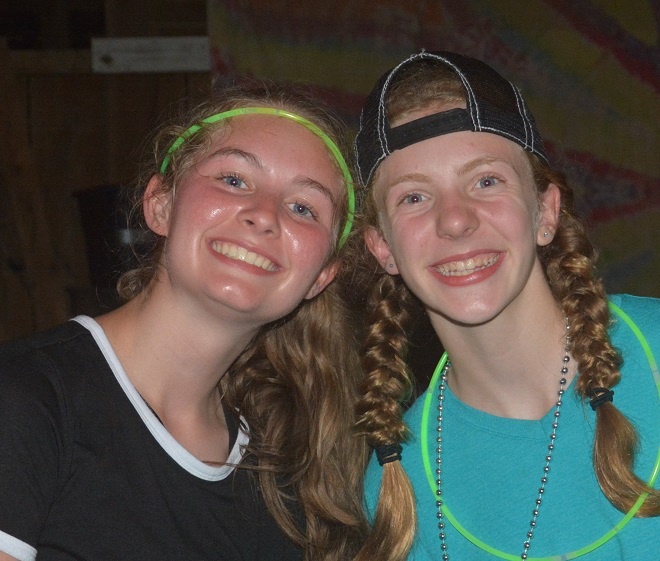Make Summer Camp Fun for First-Timers
As a parent, you are probably planning to send your kids or teenagers to one of the 14,000 camps that operate in the US (ACA Program Report, 2017). Camping is an enjoyable and enriching experience that your children and teens with benefit from. However, for those who never went away, this can become a daunting experience. There are things though that you can do to prepare your kids and teens for summer camp to make the experience a happy and fulfilling one. In this blog post you will learn how to prepare your teenager for an overnight summer camp.
Test Run – Stay Overnight at a Relative’s Place
One of the ways that you can ease your child’s mind into camping is to let him/her stay at a relative’s place for the night. It should not be someone familiar such as Grandma or Grandpa, but a relative whom they do not see often. It will allow them to face a new situation which is different from the home scenario and respond or cope accordingly.

Keep Teens Fit and Healthy
 You certainly don’t want kids to be ill while attending an sleepaway summer camp. Make sure that they continue to get proper nutrition and avoid empty calories and quick pick-me up foods. Encourage movement, whether it is to walk the dog, do chores around the house or partake in sports activities at school. To make things more interesting, get them a fitness tracker where they can see how many steps they have taken and how much calories they have burned. Getting fit starts early and camping is a good opportunity for them to branch into different physical activities.
You certainly don’t want kids to be ill while attending an sleepaway summer camp. Make sure that they continue to get proper nutrition and avoid empty calories and quick pick-me up foods. Encourage movement, whether it is to walk the dog, do chores around the house or partake in sports activities at school. To make things more interesting, get them a fitness tracker where they can see how many steps they have taken and how much calories they have burned. Getting fit starts early and camping is a good opportunity for them to branch into different physical activities.
Shop and Prepare Their Own Stuff
Shopping is a fun time for kids and teens, especially if they can get something for themselves. Shop together for new stuff that they may need such as a raincoat, water bottle or a hat. It is important for them to get their own stuff and express their personalities, styles and tastes with, of course, proper guidance from you.

Pack Together
The summer camp will provide you with a packing list of essential items such as clothing, footwear, and toiletries. Make sure you and your teenagers pack together so they know what’s in their bags. You can add a few books that they might like or an MP3 player that works on batteries for music that they would like to listen to. Although camping is a place to unplug, flashlights or twinkle lights, a pack of cards and stationery to write letters back home are allowed.
Have that Talk with the Kids
Last, but probably the most important one of all, is to talk to your kids about camping and its benefits. Let them know that it is alright to be scared and apprehensive about being away from home. However, do emphasize the positives of the trip such as meeting new friends, exciting activities that they will enjoy and experiences that are unique. You can also discuss the program with them so that they have something to look forward to.


.png)
